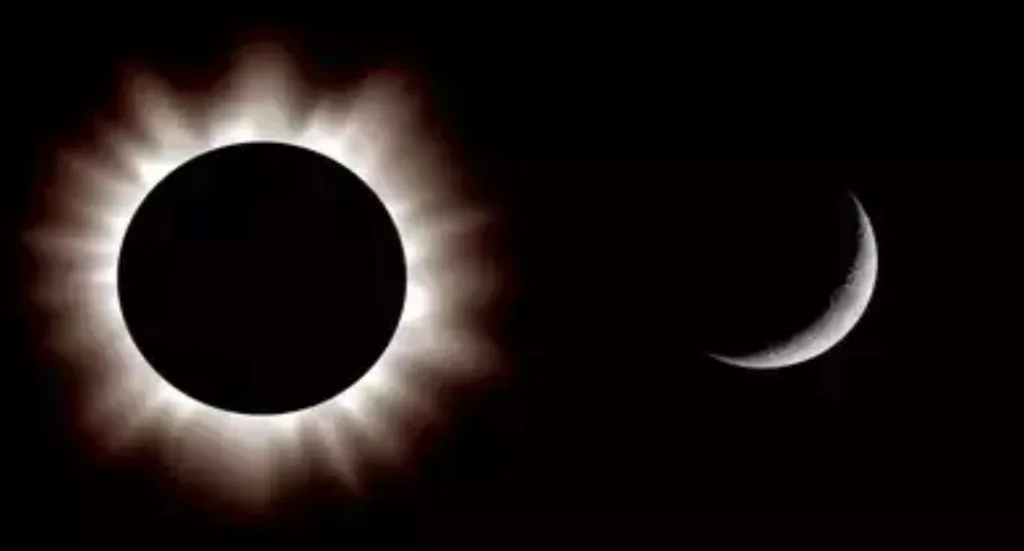"Where Spirituality and Astronomy Align for a Once-in-a-Lifetime Experience"
This year, a unique convergence of astronomy and spirituality is anticipated as a total solar eclipse is scheduled to occur on April 8, 2024, coinciding with the holy month of Ramadan, a period of fasting, prayer, introspection, and communal bonding universally observed by Muslims.
During Ramadan, which takes place in the ninth month of the Islamic lunar calendar, the commencement and conclusion are traditionally ascertained through the sighting of the crescent moon, also referred to as the Shawwal moon. This sighting marks the transition from Ramadan to Eid al-Fitr. In 2024, the astronomical new moon (conjunction) is expected on April 8 at 18:21 Universal Time, rendering the moon invisible worldwide on that day. However, visibility is anticipated in Europe, Africa, and the Americas on April 9, with worldwide visibility expected by April 10.
The total solar eclipse, occurring at the end of Ramadan, has the potential to affect the visibility of the moon and the determination of Eid al-Fitr. A total solar eclipse transpires when the moon moves between the Earth and the Sun, obstructing the Sun’s light completely. This phenomenon offers a rare opportunity to observe the new moon directly, albeit fleetingly and exclusively within the path of totality.
The timing of the eclipse may influence traditional moon sighting practices. Since the new moon signifies the conclusion of a lunar month, the eclipse might lead to an earlier confirmation of its presence. Nonetheless, it is improbable to observe the lunar crescent shortly after a new moon, implying that the sighting necessary for marking the end of Ramadan and the beginning of Eid al-Fitr may not occur immediately after the eclipse.

The impact of the solar eclipse on Ramadan extends beyond the astronomical realm, encompassing cultural considerations as well. In regions where the eclipse is observable, local religious authorities may issue special guidelines for moon sighting, factoring in both astronomical data and traditional methods to determine the most suitable time for declaring the end of Ramadan.
Although the eclipse on April 8 might affect the visibility of the crescent moon, its anticipated visibility on the following day minimizes the expected impact on Ramadan and the timing of Eid al-Fitr.
The total solar eclipse of 2024 is poised to be a significant event for both astronomers and the Muslim community. While it may present challenges to traditional moon sighting practices, it also provides an opportunity for increased understanding and dialogue between science and spirituality. As preparations for Ramadan are underway within the Muslim world, the eclipse undoubtedly remains a subject of interest and reflection.
Disney following Netflix lead and going to stop password sharing. Read here.

